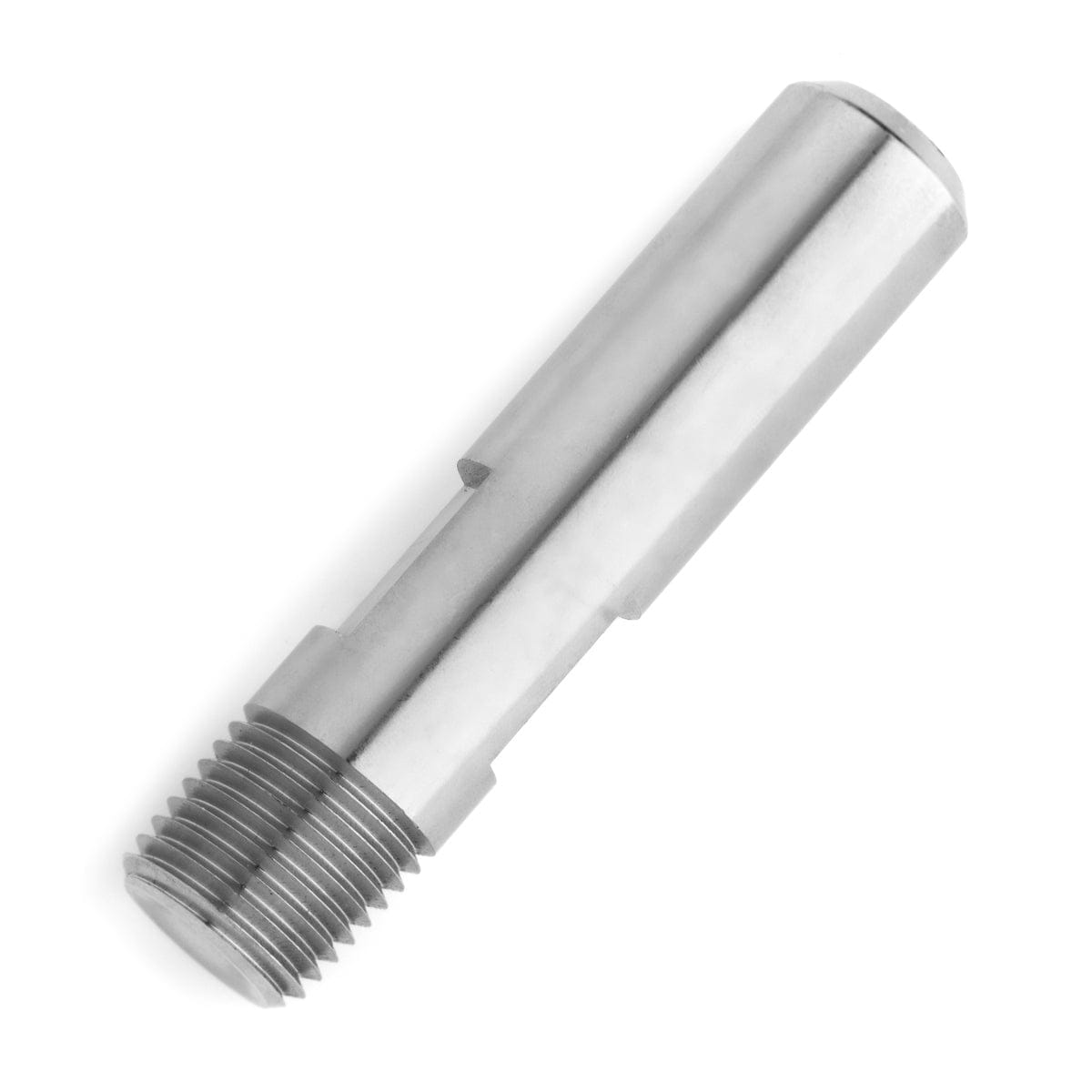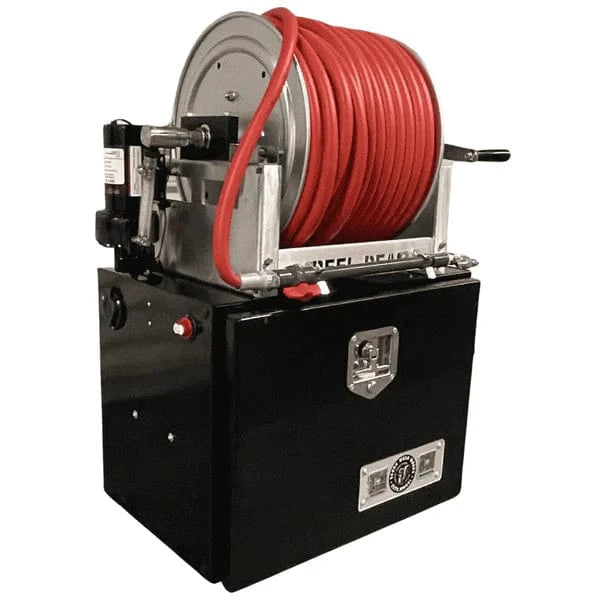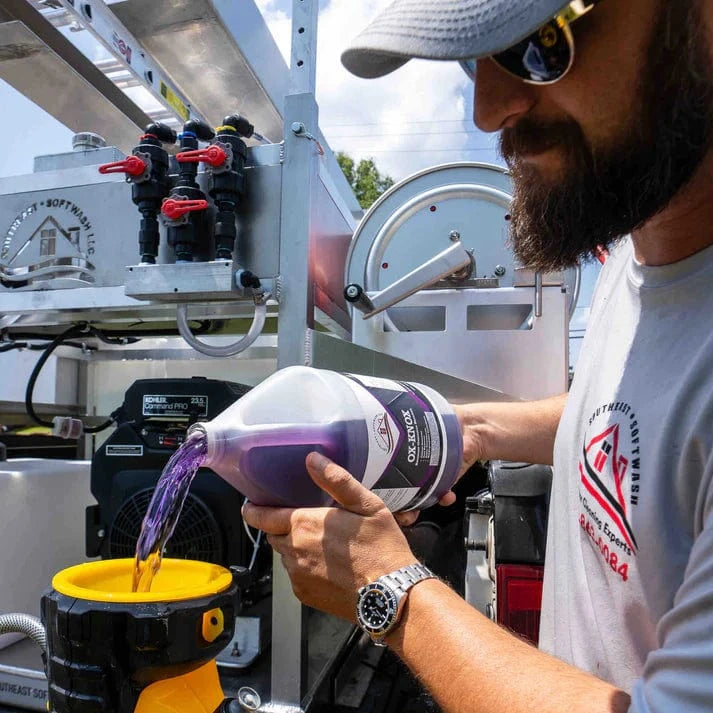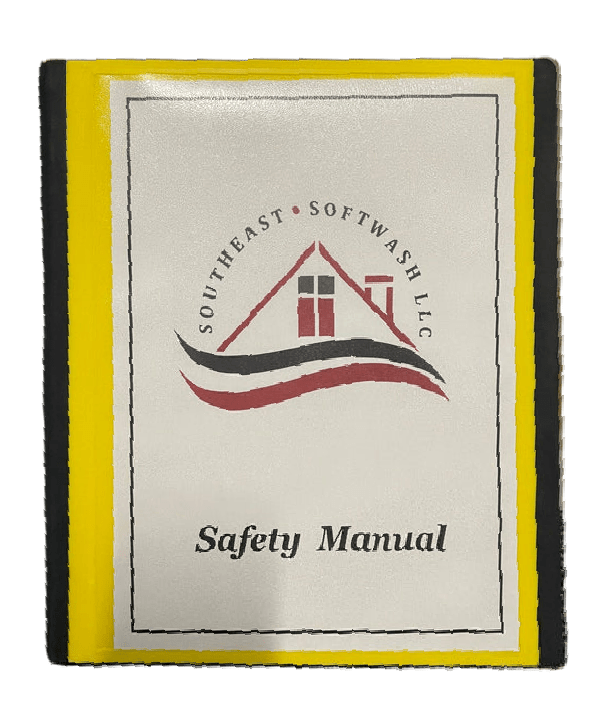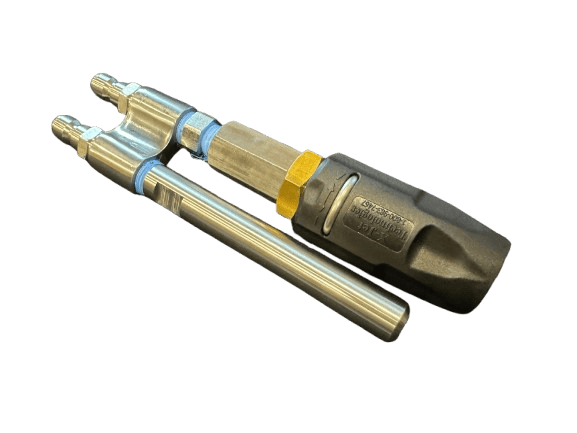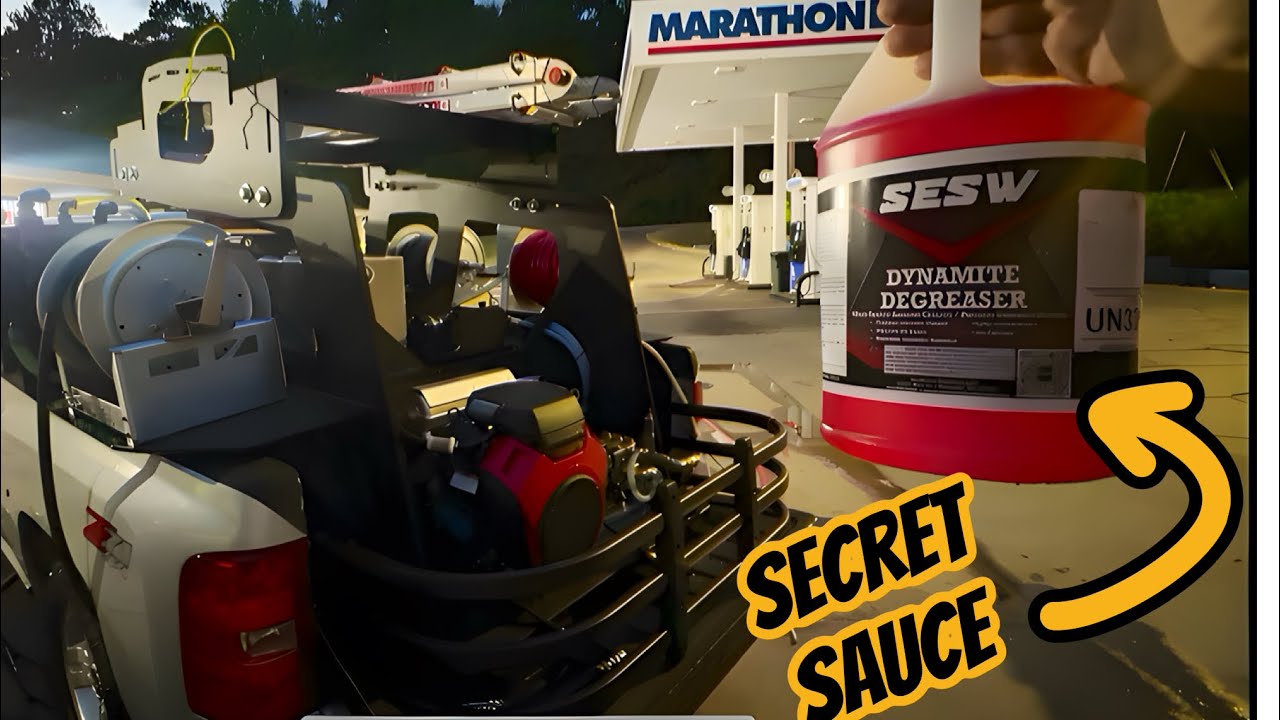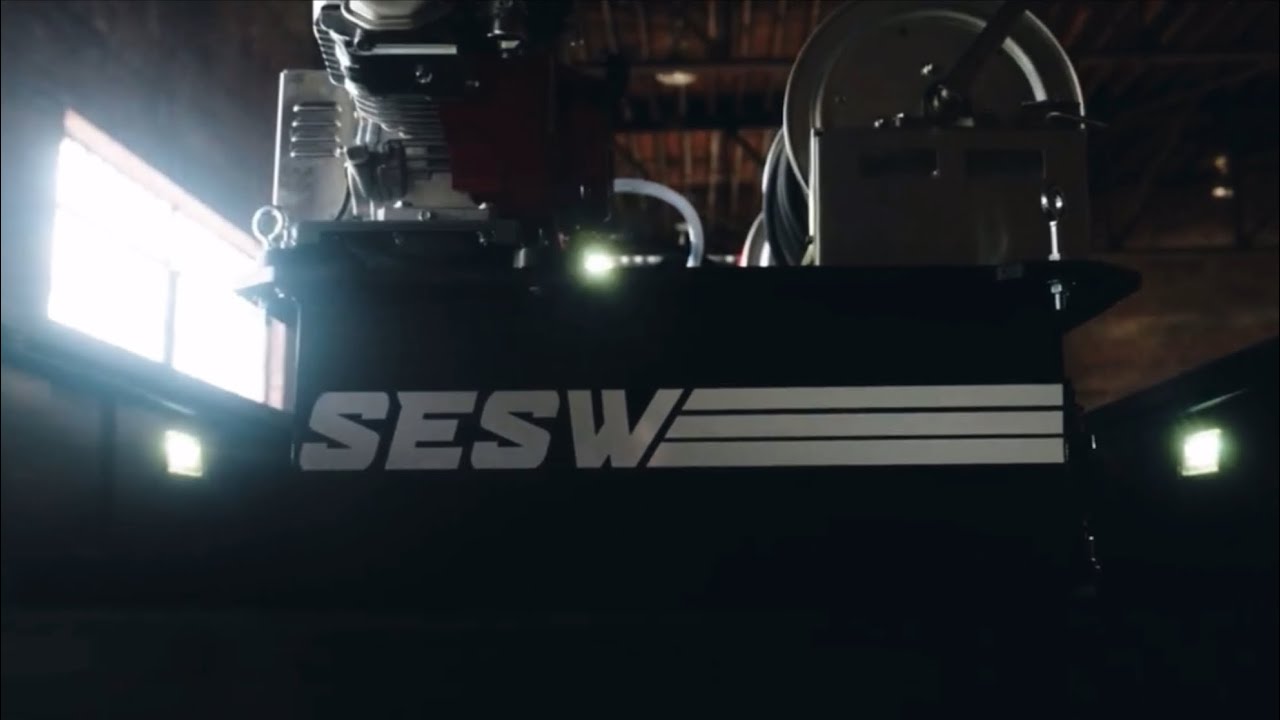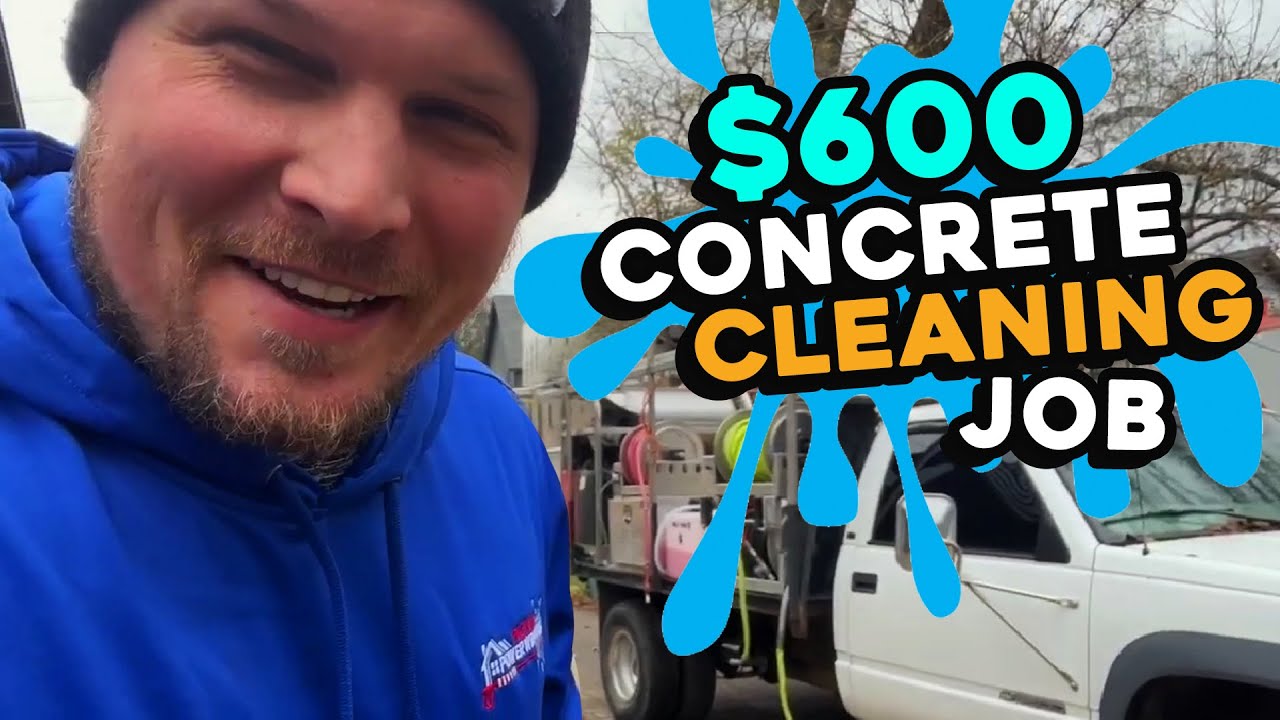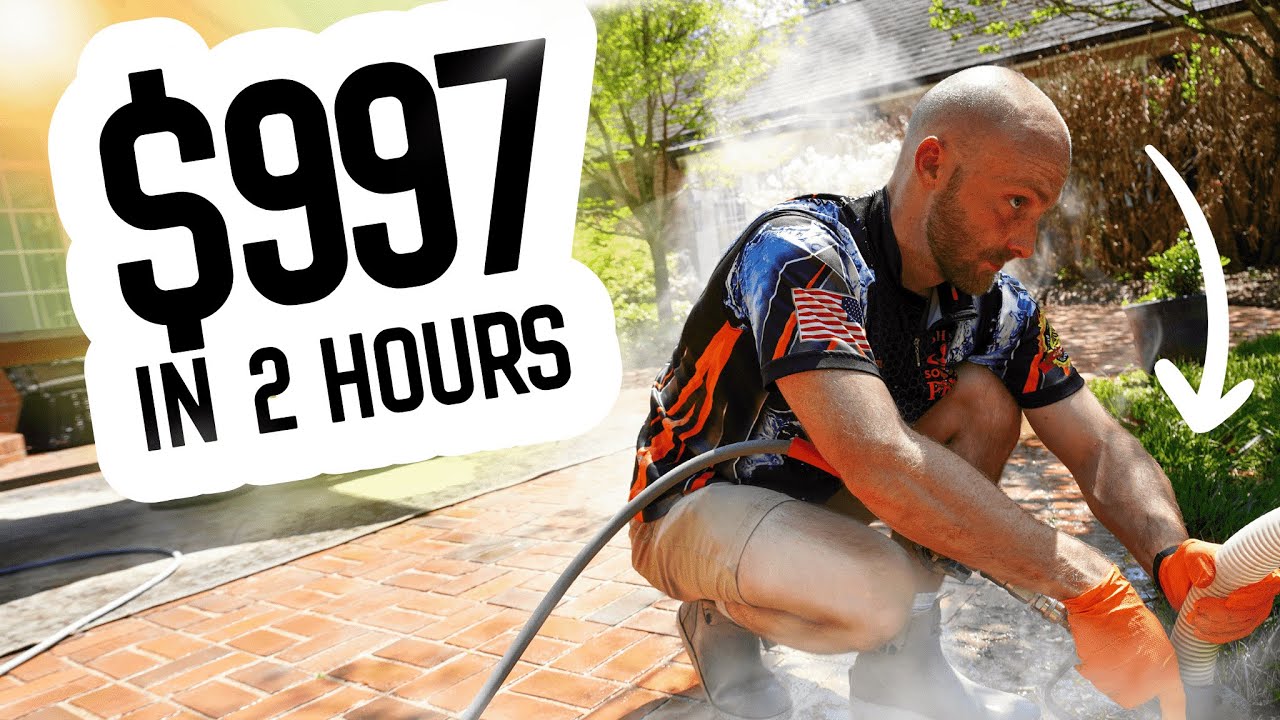Welcome back to Lean and Mean Academy! Today, we’re on-site with Ben Wilson, one of our successful Inner Circle members, to show you the best method for cleaning a driveway and the top chemical for the job. Whether you’re a homeowner wanting a spotless driveway or a professional cleaning company, knowing the right products and methods can make all the difference.
Want to dive deeper into soft washing and build your knowledge from the ground up? We highly recommend Southeast Softwash’s Softwash 101 Class. This course covers everything you need to know about soft washing systems, chemicals, and techniques to help you achieve professional results. For those wanting to learn even more about cleaning concrete, houses, and commercial properties, check out our comprehensive How to Wash course, which covers everything from chemicals to pressure levels and roof washing. Now, let’s get into it!
The Best Chemical for Driveway Cleaning
Spoiler Alert: The best chemical for driveway cleaning is bleach! Industrial-grade bleach is ideal for this job because it effectively kills algae, mold, and spores without leaving behind stains. Using bleach with the right dilution ratio will make your cleaning faster, easier, and more effective.
Why Industrial-Grade Bleach?
Professional-grade bleach is much stronger than the stuff you’ll find on the shelves of big-box stores like Home Depot or Walmart. Here’s why it makes a difference:
- Concentration: Industrial bleach is usually around 12.5% at peak strength, which is double the concentration of regular household bleach (typically 6%).
- Reliability: Because store-bought bleach may have been sitting on the shelves for some time, its potency can degrade, while industrial bleach remains consistent in strength for more reliable results.
How to Dilute Bleach for Driveway Cleaning
The key to effective driveway cleaning is not just using bleach but knowing how much to use. Here’s what we recommend for most driveway cleaning situations:
-
Assess the Level of Dirt and Algae: Take a good look at the concrete. Is there heavy algae, mildew, or visible staining? For our demonstration today, Ben’s driveway wasn’t too heavily affected.
-
Optimal Dilution Ratio: For this level of cleaning, we’re using a 3% bleach solution. This is usually sufficient for concrete that has light to moderate algae and grime.
- Pro Tip: Don’t overdo it! In most cases, a 3% solution will get the job done. If you go too high, you risk over-bleaching and wasting product. Reserve stronger solutions (up to 50% bleach to water) for areas with very heavy staining or growth.
-
Application and Cleaning: Apply your diluted bleach solution, let it sit briefly, and then use a surface cleaner with moderate pressure to wash away the loosened grime. As Ben demonstrates here, using the right amount of bleach can make surface cleaning fast and efficient.
Final Thoughts and Pro Tips
Using bleach effectively for driveway cleaning is all about balancing concentration with pressure. By using industrial-grade bleach at the right ratio, you can achieve pro-level results that look great and last longer.
If you’re ready to elevate your skills, the Softwash 101 Class from Southeast Softwash is an invaluable resource for mastering soft washing systems, metering, and chemical applications. And for those looking for even more in-depth guidance on cleaning everything from driveways to roofs, don’t miss our How to Wash course, where we cover all the essential skills you need to grow your pressure-washing business or tackle even the toughest cleaning jobs with confidence.


